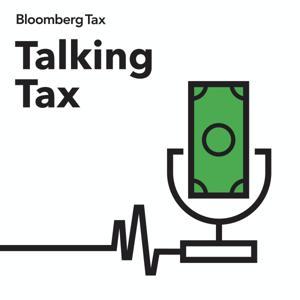In this episode, we explore the aftermath of the Supreme Court’s decision to overturn the Chevron doctrine through the Loper Bright case, examining its impact on the regulatory landscape in America.
In just the first six months after Loper Bright was decided, courts cited the case more than 400 times, leading to the invalidation of new agency rules 84% of the time. This has affected policies ranging from net neutrality to labor regulations to environmental protections. We delve into how Loper Bright has already reshaped American regulatory policy.
We also look into how the Trump administration’s strategic use of Loper Bright to dismantle Biden-era rules, directing agencies to identify regulations that may be vulnerable under this new legal framework.
But is the celebration over Chevron’s demise premature? Some legal experts describe Loper Bright as “a Rorschach test inside a crystal ball” suggesting theat its impact might be more complex than anticipated, with different interpretations emerging.
Helgi Walker, partner at Gibson Dunn and co-chair of their administrative law and regulatory practice group
Rebecca Rainey, senior labor department reporter for Bloomberg Law
Cary Coglianese, professor at the University of Pennsylvania Carey Law School and director of the Penn Program on RegulationHosted and produced by Matthew S. Schwartz
Editor/Executive Producer: Josh Block
Additional Editing: Andrew Satter
Cover Art: Jonathan Hurtarte
Thank you: Jennifer Hijazi, Keith Perine, Tom Taylor, and Cesca Antonelli







































